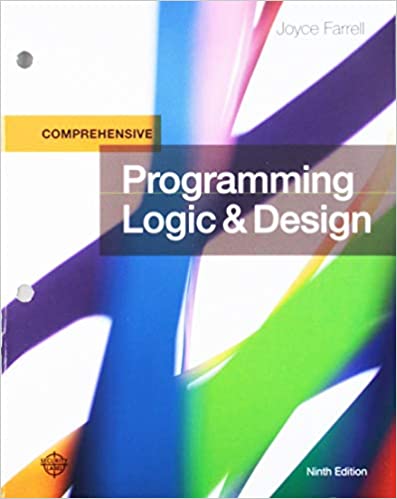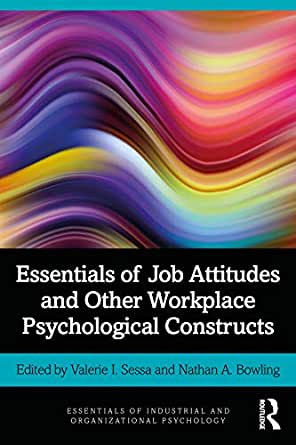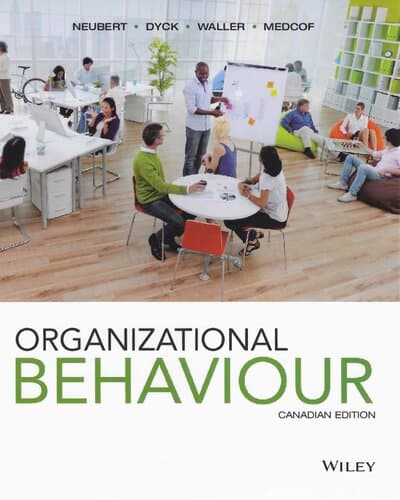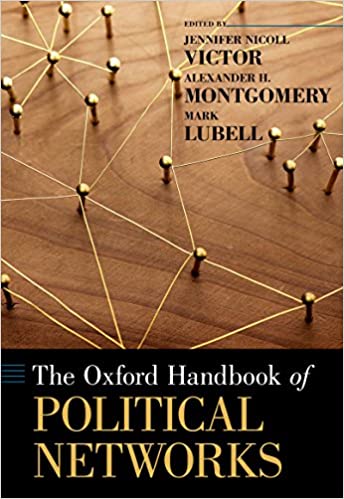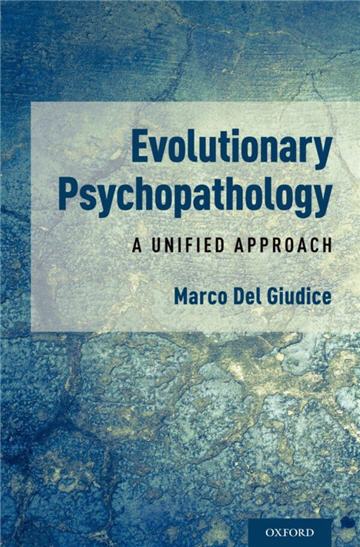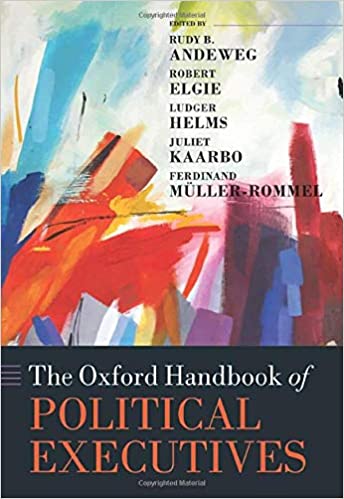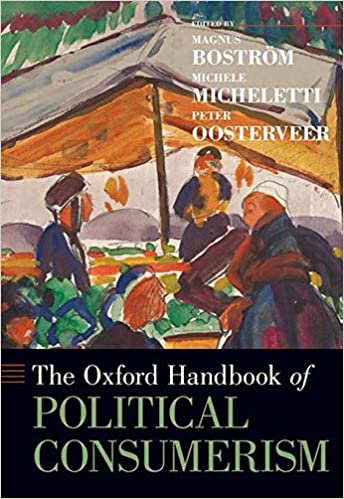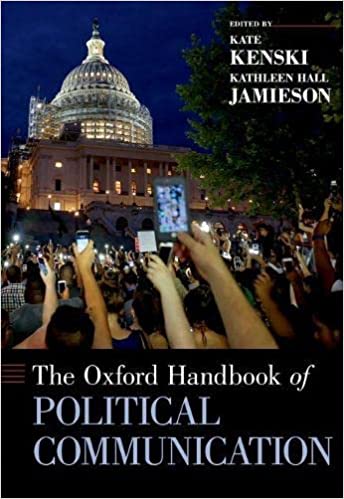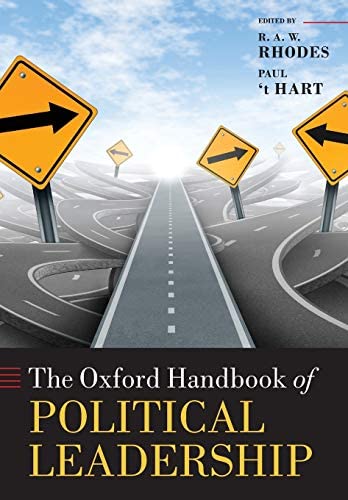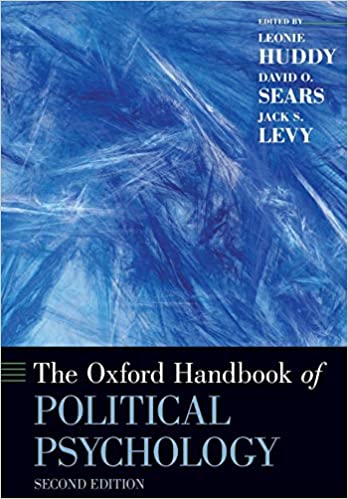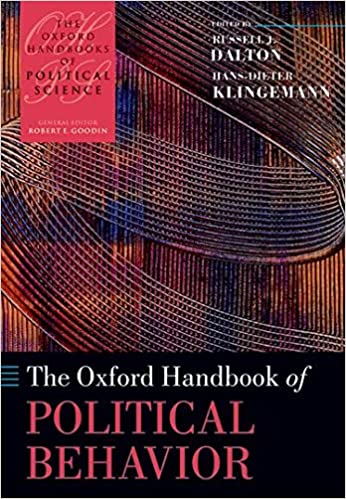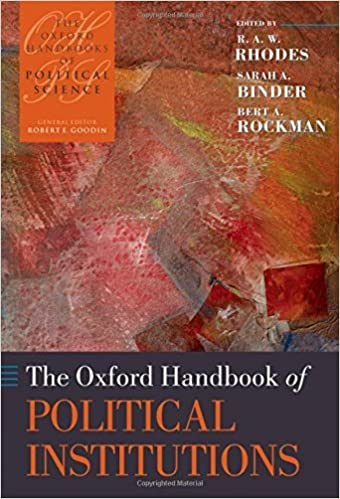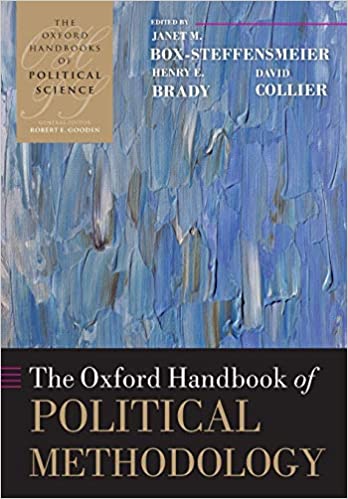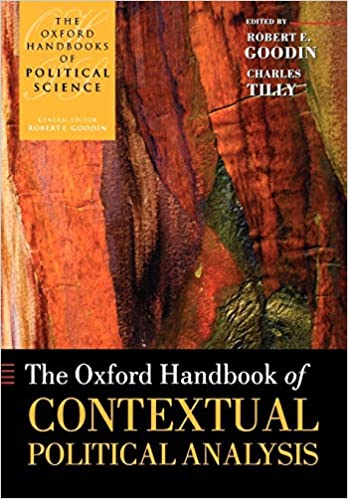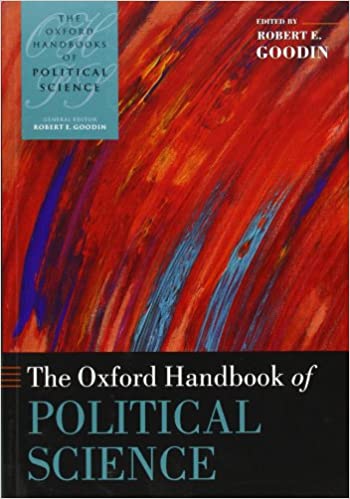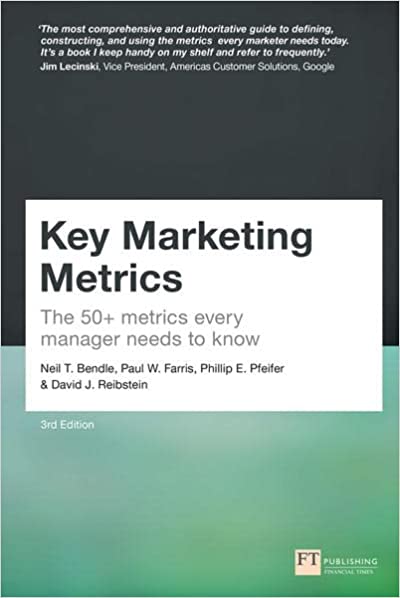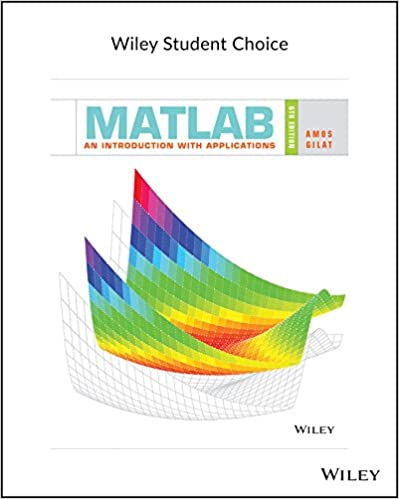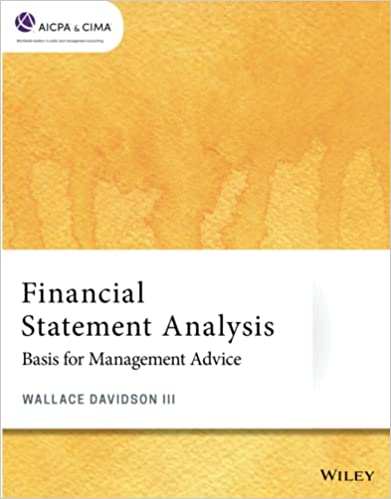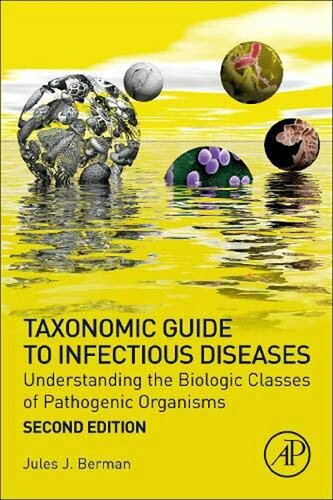
Monday, June 27, 2022
Saturday, June 25, 2022
Thursday, June 23, 2022
Wednesday, June 22, 2022
Tuesday, June 21, 2022
Writing Is An Acquired Skill Improved Upon With Practice And Reinforcement

Go in the back door when teaching writing and let confidence build through constant encouragement of effort, improvement, constantly pointing out the good, the progress. Then, point out the mechanics. As Edward Albee said in Zoo Story "Sometimes you go a great distance out of your way to come back a short distance correctly."
People do not think in a linear fashion, ABCD or 1234. We think more like spirals; "When I was four...and then when I was fifteen...and yesterday...and back when I was four..." Read The Education of Little Tree "...to feed a hungry man is good, but to teach him to fish is better."
Editing, rewriting, correcting is the fun part, the easy part. The hard part, the first part, is getting the first thoughts down on paper, or into the computer, any way at all, just recorded, out, visible, physical, set down on paper. One preference is pen on paper because it's so physical, so active, and writing is such an active process. The muscle in the forearm strains, and though it frustrates and gives pause, the pain shows the muscle is used.
The best plan for writing improvement is to meet and write consistently, once a week for two hours. Classes start with some talk to loosen everyone up, focus everyone in the present moment, get everyone on the same wavelength. Listen to each other, vent a little, get emotionally close so the class is intimate, safe. No one judges or laughs at anyone in the group. Encourage humor, silliness, laughter and tears, both in conversation and in writing. Then, you are ready to write.
Timed writings are helpful because they add enough pressure to shut out the editorial voice that says, "Don't write that, it's a stupid idea." On the other hand, if students are so new at writing that timed writings add more pressure, dispense with intense timed writings. ("We'll write for 15 minutes from the time I say start until the time I say stop, without pausing, without thinking. If you get stuck, just keep writing. Don't worry about staying on the subject.") Instead, say, "Write on this topic as much as you can for the next hour. Save the last 10 minutes to review your writing to see if you're making sense, starting sentences with capital letters, ending with punctuation, checking spelling, indentation, general sense. Remember, don't begin sentences with 'so, just, because, but.' Get your creative ideas down on paper first, then look for mechanical problems. Lose control in the first draft; gain control in the second draft."
Writing is an act of ego, of saying "I'm here, I'm real and what I think (my life) and feel is important, and I prove that by writing it on paper."
You don't have to suffer from writers block. If you want to write, and you don't want to be dependent on inspiration, make up exercises to access your ideas, your material hidden deep within you.
Begin with creativity, and then go back and learn what you've done. Believe in writing from the unconscious self, from down deep where our stories live. Learn to access the stories in your unconscious self.
Access them for your students by creating exercises that bypass the critical, judgmental, editorial part of the mind, which then allows us to drop down to the center below judgment.
You have to warm up. That warm-up might include practice writings every day, or even physical exercises like swimming to loosen up your arm, assuming you're writing in longhand first, which is often a necessity. If you are creating on a computer, maybe you should loosen up both arms, your neck and your back. Anyway, you write and write hoping you'll produce more good writing than bad. But the first point is that you have to produce, you have to do the writing. Call it bullpen writing, that is what you are doing in workshop classes. Invent and borrow exercises to loosen up the writer. Write along with them, and like William Stafford says in Writing The Australian Crawl, you have to write a lot of bad stuff to write something good. Some days, the writing works like a charm. That first writing comes out close to being a finished piece, needing very little editing. Other times, maybe one can use a word, or a sentence or an idea from the original writing. Sometimes, you get nothing at all you can use, but you do it anyway. Maybe that so-called "bad writing" makes it possible for the next writing to be a useful one.
Enjoy the whole game, baseball or writing. If you only feel worthwhile throwing strikes, you are setting yourself up for misery. Enjoy the whole process of writing, the organization, the doing, the writing, the reading, the editing, the mystery, trying to make something happen, finding something happens that you did not expect at all. The work and the fun of writing go hand in hand.
The hardest part is first writing; that's where your student may feel the most anxiety. Do not allow them to wait for or be dependent upon inspiration. Teach what works: exercises. On the other hand, let the tunnel idea slip to the back of their mind. Do an exercise and the tunnel idea might pop out when least expected; show a picture of a tunnel and see what happens; maybe the tunnel will come up, maybe not. Writing is about learning; let the writing take the writer where the writing is supposed to go, not where you, the teacher, want it to go. If the idea is better, that's the direction to take the story. Let the piece live on its own; let go of the original idea. If the writer likes the original idea, write that, too. If that doesn't develop into a strong piece, keep the writing in the writer's personal file, and let the unexpected piece be the public piece, the piece to submit for publication (later down the line, it that's a goal).
Writing is about telling the truth. There are two kinds of truth--actual/factual truth and emotional truth. Writers tell the emotional truth, even if they have to lie to get there. We share an interest in family histories and memories, the emotional truth of these stories, the stories of the senses, like smells, textures, sounds as well as events. You want each student to know their family history and memories, and also that their current lives are important, they each have stories inside them, stories worth telling. Give students exercises that access these stories. Invite people in the houses of their lives by entering through the back doors with these writing exercises. Teach students how to become aware of these stories and to learn to tell them.
When we write and read, we find connections in the world; connections to ourselves, to our family (parents, grandparents, children), to our neighbors, cities, each other, our culture, cross cultures. Awareness fosters appreciation of self and others. There are so many obstacles to writing, so many distractions; cold air on the hand making it difficult to write. Write through all obstacles.
If you are more aware of your feelings, the feelings of others and your children are more accessible to you. Your feelings do not imprison you when you write about them; you can let them go. The feelings (of anger, helplessness) will no longer have control over you, you will have control over them, and therefore you will not have to act out those feelings. The icing on the cake is that you can take those raw writings, those journal entries and/or class writings and turn them into Art through editing them and making them into stories, poems, plays, memoirs.
Reading and writing set one free. One of these freedoms is the ability to attain one's GED, but the GED is just a beginning. Students need to see that reading and writing pertain to their lives now and in the future, to learn information, to connect them to their children and the world in general, for self-expression, and for fun. Classes are for the long view, the rest of one's life, not the short view, the attaining of a GED.
Writing is a way to deal with feelings. Keeping a journal is one avenue for writing. If one writes their feelings in a journal, they need not act out those feelings. Even people who feel powerless have some power; they can express their feelings through writing. When one writes, there is no right or wrong. There is writing in the language of the dominate culture, standard English, or writing in the everyday language of one's life.
Emphasize writing in the language of the dominant culture, standard English, for the ability to pass the GED and work in the work force. Emphasize that there is not one correct language, but there is a standard language. Once one learns the rules, one can break them. Also let students write in their own 'language' or expressions.
People become interested in reading and writing when they are able to find a place for themselves in literature. Expose them to writers where they are more likely to see themselves. (See suggested reading list)
The work of writing is draining, exhausting, exhilarating.
You want your students to fall in love with language, with words, with possibilities. Playing with words is a key or new entry into the self. People learn about themselves through their writing, things they never suspected, good things; they find their strengths.
You want your students to love all aspects of writing. This includes the first writings, the revisions, the obsessions with finding the exact words, the frustrations about the difficulty of finishing a piece. In other words, appreciate not only the finished house, but every nail, piece of drywall, the tools, all the materials, as well as the finished product.
Being part of a group helps the individual as well as the group. When we do something for someone else, we work harder and are more productive. If we are only responsible to ourselves, we tend to postpone our own personal work for the good of the family, or for other obligations we put first.
There is a fear of writing, finding out about oneself, finding out whether one has the potential to be a writer that must be addressed. We look for reasons to avoid this confrontation between ourselves and the paper. When one makes a commitment to the class, that kind of obligation becomes positive; the student comes to class and writes, if only once a week at that time. At least there is consistency and a moving forward, a progression.
I. Start with love. Start with trust. Be open. Share a secret or a fear. Create a safe room with total acceptance. Trust yourself. Tell your students to trust themselves. The object of the exercises is to fill the page with words. If you (the student) do that, you are doing the right thing; you are doing just fine.
You are painting a picture with words. You want your readers to see what you see, feel the textures, the smells, the tastes, the sounds, the feelings. Remember to use all your senses.
Writers begin as ordinary people who feel compelled to write. Writing is a way of saying "I am"; my thoughts or ideas are valuable. Writing is an acquired skill improved upon with practice and reinforcement.
II. Retype work of students, correcting spelling and punctuation. Return work and have students compare their original with corrections noticing changes of spelling and punctuation.
III. Read aloud poems, or pieces of novels, essays, articles that are examples of good writing, or inspirational, or just plain fun.
The group process is such a powerful, interesting tool. The energy of the group is contagious, and even when someone comes to class tired, they are reenergized by the others. The atmosphere is so positive and encouraging that people improve rapidly, faster than they might on their own. The classes are addictive. Writers work alone, but sometimes writers enjoy writing in a group for fun and support.
IV. Use a timer and make the exercises timed writings. With the pressure of timing, one more easily shuts out the editor's voice, the voice that says, "Don't write that, that's stupid." Under pressure, the writer gets out of their intellectual head and goes into their deeper self of memories and secrets.
Writing is dangerous. One learns things about themselves they didn't know or forgot. It's an adventure into the interior, an archeological dig into self.
V. "Write in ordinary language," tell your students. "Time and practice, some editing, perhaps a lot of editing, will refine your work."
The positive point about longevity is that with any group, trust and closeness grow over time, and this genuine caring among students does nurture the work. Sometimes, for instance, it's good to repeat an exercise focusing on verbs, a reminder about the importance of active verbs over passive verbs. You could repeat the same exercise over and over and each time the results would be new. For instance, you could write on the topic food over and over, and never be finished with it. You may write five times a week with different classes on the same or similar topic; each of your writings will be fresh, usually better than the last. Don't be bored with repetition.
Emphasize content while correcting form. "This is a great idea. Now, let's notice that the first word of a new para graph is indented. We capitalize proper names and "I" as a name. Capitalize names; do not capitalize other words. Capitalize the first word in a sentence. Sentences end with punctuation, usually a period." Common mistakes lessen and fall away--"a lot" becomes two words. Students begin to use common homonyms correctly--their, there, they're and to, too, and two, hear and here.
Writing is about telling the truth, and if we as teachers are going to encourage our students to write the truth, we have to be willing to hear, see and accept the truth, and the truth can be painful and hideous, wonderful or uncomfortable.
For all people who feel they have nothing, think they have nothing, know they have nothing, they still have themselves, their voice, their writing. (Read Sapphire's Push, or Maya Angelou's I Know Why The Caged Bird Sings or Alice Walker's The Color Purple)
Summary
1. Build on strengths.
Remind each student that they have capabilities, and with practice and determination and help, they can succeed, no matter what happened before. Tell them, "We're all good at something. We all have valuable stories to tell, valuable information to tell. We all begin as ordinary people, even Maya Angelou."
2. Reinforce the positive
You, the teacher, take the class writings and correct the grammar and return them to the students to compare their drafts with your revisions. "This is a great beginning. I know you can add more detail." Or, "This is a great story. Now, let's notice some of the mechanics." Suggest your students write on every other line; it's easier for them and you to correct. Helping them find their voice builds self-esteem. With self-esteem comes confidence, and with more confidence, anything is possible.
Suggested Reading List:
Maya Angelou--I Know Why The Caged Bird Sings
Toni Morrison--The Bluest Eye, Beloved
Sapphire--Push, American Dream
Langston Hughes--Poems
Ruthie Bolton--Gal
Alice Walker--The Color Purple
Zora Neale Hurston--There Eyes Were Watching God
James McBride--The Color of Water
Nathan McCall--Makes Me Wanna Holler
Lucille Clifton--Poems
Audre Lorde--Chosen Poems - Old and New
Toni Cade Bambera--Gorilla, My Love
Forrest Carter--The Education of Little Tree
Patricia Bell-Scott--Life Notes
John Edgar Wideman--Brothers and Keepers
Gloria Naylor--The Women of Brewster Place
Ntozake Shange--For Colored Girls, Sassafras, Cypres and Indigo
Nikki Giovanni--any poems or essays
Pearl Cleage--Deals With the Devil and Other Reasons To Riot
Dorothy Allison--Bastard Out of Carolina
Mary Karr--The Liar's Club
Natalie Goldberg--Writing Down the Bones, Wild Mind
Jeff C. Palmer is a teacher, success coach, trainer, Certified Master of Web Copywriting and founder of https://Ebookschoice.com. Jeff is a prolific writer, Senior Research Associate and Infopreneur having written many eBooks, articles and special reports.
Source: https://ebookschoice.com/writing-is-an-acquired-skill-improved-upon-with-practice-and-reinforcement/

